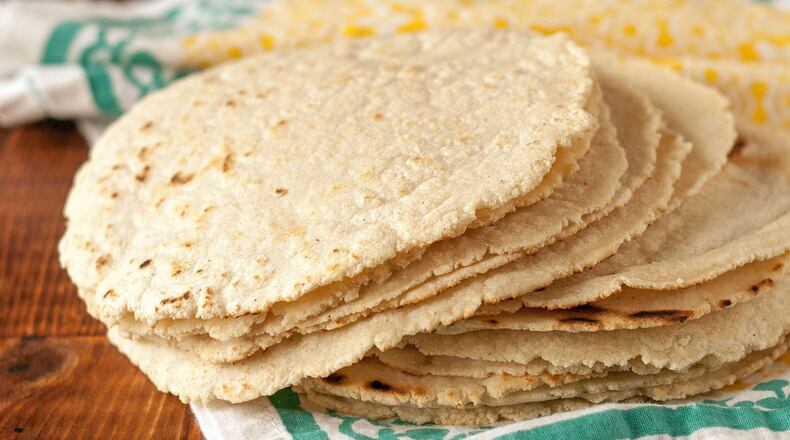- Woman complains on Facebook about bad service, restaurant's response goes viral
- Facebook poster who threatened to kill child identified
- Customer catches, confronts Starbucks cashier stealing credit card info
- Making a Murderer' viewers sign petitions to pardon Steven Avery
- Flight attendant goes viral after calming crying baby mid-flight
The highest rates for babies born with neural tube defects in the United States correspond to Hispanic women, and the way to improve those statistics may lie in corn tortillas, according to a report at NPR.org.
The Food and Drug Administration since 1998 has required breakfast cereals, breads, rice, pasta and other grains made with enriched flour to be fortified with folic acid, a B vitamin necessary for a fetus’s healthy brain and spinal cord development and therefore important for women to consume before and during the early stages of pregnancy.
The addition of folic acid to those enriched flour products is credited with a drop in neural tube defects of about 35 percent (about 1,300 babies a year) in the past 20 years.
When researchers discovered Latinas in the U.S. were 20 percent more likely to have babies with neural tube defects, several groups petitioned the FDA to allow corn masa flour to be fortified with folic acid, too, because corn tortillas are a staple of many Latino diets. Many Latin American countries already require corn masa flour to be fortified.
But, first, the FDA has to be convinced that it is safe to add folic acid to the corn masa flour, which is created after the corn kernels are soaked in slaked lime or other alkaline solution.
"The FDA is concerned that the breakdown of folic acid in corn masa flour could yield (a dangerous substance)," according to an agency statement to NPR.
Brigham Young University food scientist Michael Dunn has been conducting tests, with positive results so far.
Finally responding to a petition filed in 2012, the FDA took the issue under review a couple of months ago but has not yet named a target date for possibly approving the mandatory addition of folic acid to corn masa flour.
About the Author
Keep Reading
The Latest
Featured


